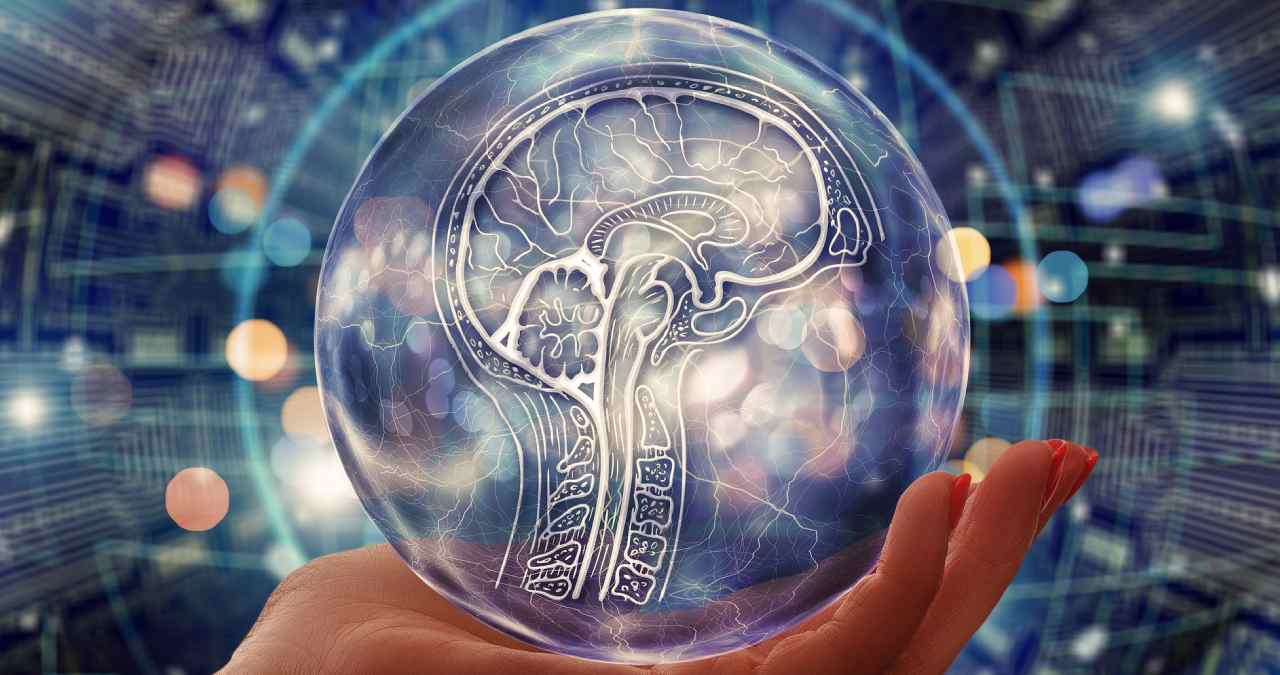Many experts consider artificial intelligence to be the future of healthcare. Its numerous applications in health and pharmacy can become the best ally of health professionals, although without actually replacing them, they insist.
Recently an article published on the website of the World Health Organization, WHO acknowledges that Artificial Intelligence (AI) is used more and more in healthcare and adds that it promises greater efficiency and more free time for professionals so that they can focus more on the human side of care, including fostering relationships of trust and treating patients with empathy and compassion.
The development of AI has placed it at the center of healthcare digitization. This technology has enabled health professionals to be trained, to involve patients, to transform information processing and to optimize clinical and operational efficiency. In short, it is helping to improve health care and the lives of patients.
The potential of AI is undeniable and has excellent potential for growth and integration in healthcare. The situation generated by the current health crisis has also contributed to its development. Among the advantages of Artificial Intelligence, are the improvement of results for patients, the reduction of the cost of treatments and the elimination of unnecessary hospital processes, say its defenders.
Confidence-inspiring tools the celebration of the World Digital Event, according to the E-Health Report, has shown that trust, transparency and attention to the human factor are some of the keys to the development of AI. In this sense, one of the participants in the debate thinks that these technologies have to inspire confidence in doctors to use them, as well as the data they offer.
This paradigm shift that AI is promoting requires the commitment of all the actors involved: doctors, patients, IT technicians and health personnel. Numerous experiences in the United States are demonstrating the challenges and advantages of AI in automating healthcare processes: digitization of clinical documentation, reduction of errors among healthcare professionals, diagnosis of diseases through algorithms or automation of healthcare processes are just some of the opportunities of AI.
Also Read: Benefits Of Enacting Customer Queuing Management Systems
